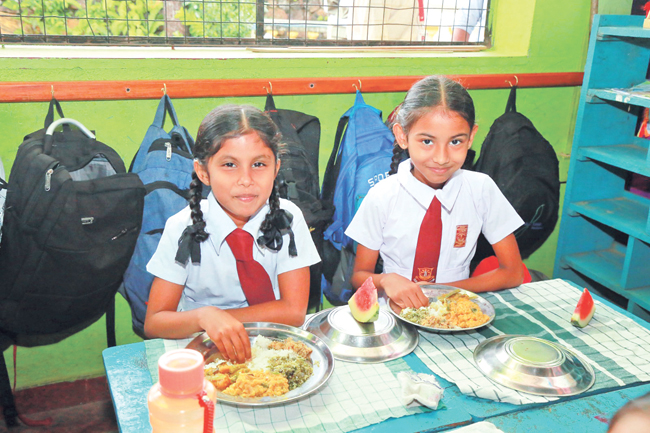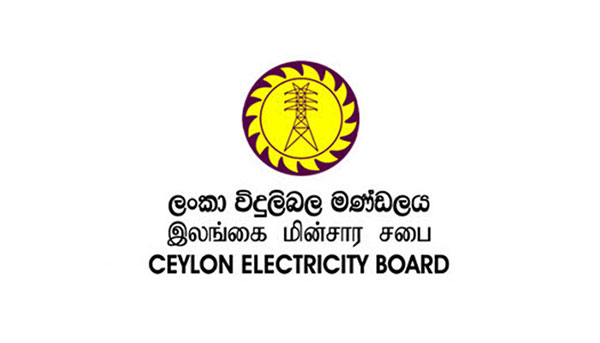There is a risk of halting the school nutrition program as the government has not made the payments to the suppliers for the free meals provided to the students in the primary classes from grade 1 to grade 5 in schools for almost two months.
Principals and suppliers point out that at present such suppliers are heavily in debt to the traders, so they can no longer supply food without payment. They are demanding immediate payment of their dues and gradual disbursement of money for the school feeding programme.
The parents say that due to non-payment of money to the suppliers, there have been problems with the quality of the meals being provided.
Primary students in all schools are provided with a main meal aiming to achieve four objectives reducing nutritional problems among school students, increasing daily school attendance, developing good eating habits and health habits, contributing to the growth of educational achievement levels and building the local food culture.
The School Development Committee, which is headed by the Principal and includes the Regional Public Health Inspector, Regional Medical Officer and a School Development Society representative, is responsible for implementing and regulating the provision of nutritious meals to school students at the national, provincial and regional levels. The committee prepares and procures food through school development societies. And the contribution of food suppliers is also taken.
For one student’s meal, the government allocates Rs. 110 and there are about 18,000 major local suppliers of food for this nutrition program.
This program is supported by the World Food Program and since progress reports have not been provided and the agreements related to the year 2025 have not been renewed, the risk related to this program has become severe, says Priyantha Fernando, President of the Ceylon Teachers Association.







